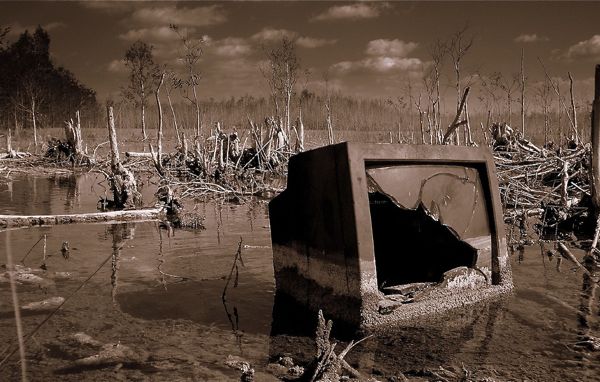Time kills momentum.
Television, more than any medium, suffers when stretched too thin, when seasons arrive years apart and audiences move on. Severance had every reason to stumble into that trap.
Instead, its second season does what few long-awaited returns manage: it justifies the wait.
Dan Erickson and Ben Stiller pick up where they left off, not trying to recapture the shock of Severance’s first season but deepening the unnerving world they built.
Gone is the sheer novelty of the original’s unnerving conceit—workers literally severed from their outside lives, trapped in a corporate labyrinth where every move is a mystery.
We know the rules now, but that doesn’t mean we’re comfortable. If anything, the show doubles down, letting the walls close in tighter, the questions pile up higher, and the stakes grow more disturbing.
From the start, Severance establishes that it won’t be taking the easy route. No immediate answers, no hurried reunions, no forced exposition.
Instead, the season leans into its eerie rhythms—long silences, measured stares, sterile halls that feel colder than ever.
The direction, still helmed in part by Stiller, moves with a precision that borders on hypnotic. You feel trapped inside Lumon, even if you’re watching from your couch.
Adam Scott’s Mark remains the quiet center of the storm, his restrained performance anchoring a cast that continues to deliver career-defining work. Britt Lower, Zach Cherry, and John Turturro find new layers to Helly, Dylan, and Irving, each unraveling in their own ways as the corporate nightmare around them tightens its grip.
Patricia Arquette, ever the scene-stealer, shifts between menace and something even scarier—an employee who believes, truly, in Lumon’s vision.
But it’s the sheer audacity of Severance that makes it feel vital. In an era where prestige TV often retreats into formula, this show remains weird, precise, and staggeringly confident.
Scenes unfold like fever dreams—unsettling but calculated, absurd yet deeply intentional. The humor, bone-dry and perfectly timed, breaks the tension just enough before plunging you back into the abyss.
Some moments make you laugh, some make you shudder, and some make you think, Are we sure Stanley Kubrick is dead? Because this is pretty brilliant.
If there’s a complaint to be made, it’s that Severance can’t quite surprise in the same way its first season did. The mystery isn’t new, and the slow-burn storytelling demands patience. But that’s the trade-off: instead of spectacle, you get depth. Instead of easy shocks, you get a creeping, existential dread that lingers long after the credits roll.
Few shows justify their years-long waits. Severance does.
It may not have the immediate gut-punch of its debut, but what it does have is something rarer: a second season that doesn’t just extend a story but enriches it.
And in today’s television landscape, that feels like its own kind of miracle. In or outside the real world.



